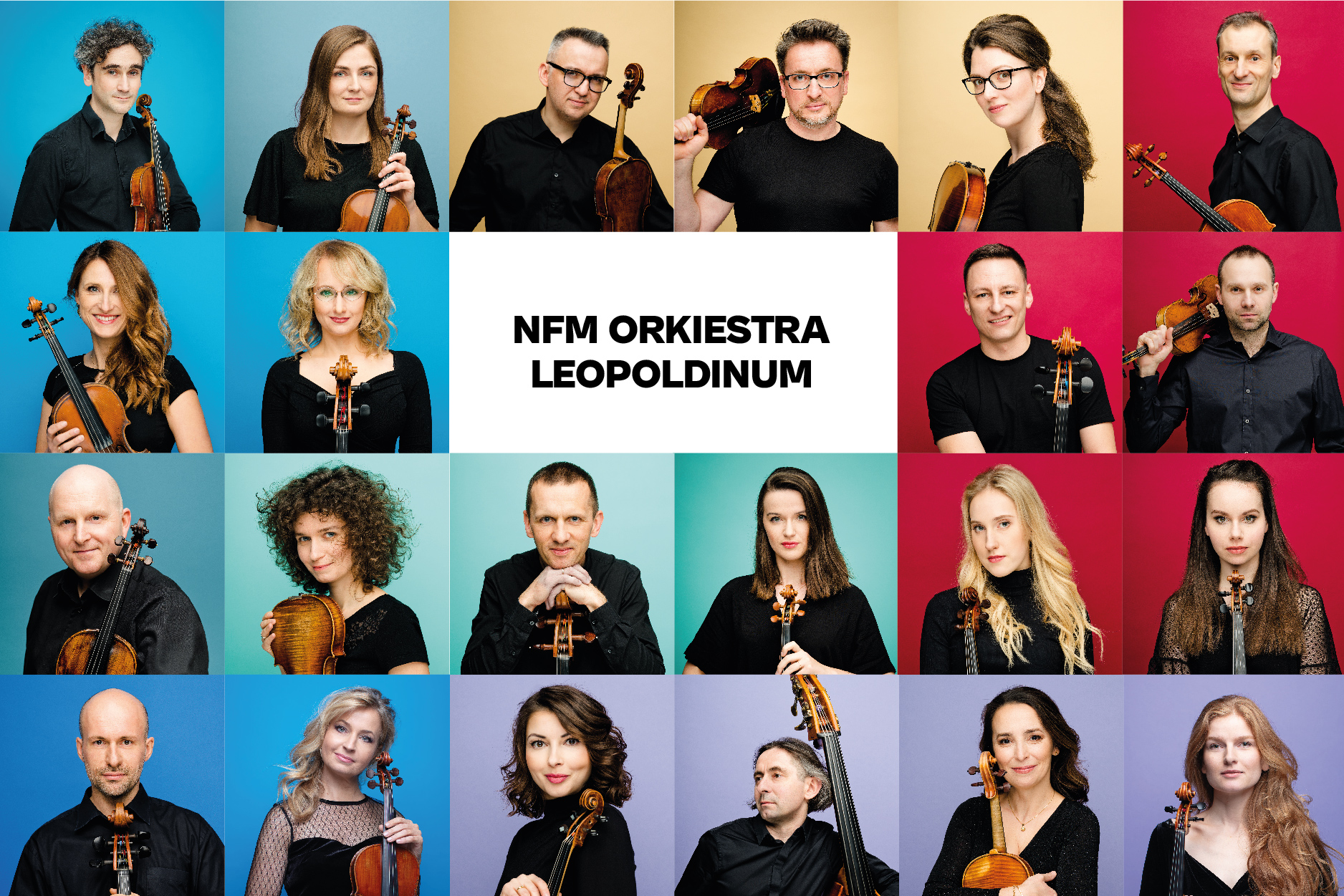When Alexander Sitkovetsky took over the management of the NFM Leopoldinum Orchestra, he announced that when planning the concerts, he would “challenge” the audience by including the works of Hans Werner Henze in the programme of the Wrocław instrumentalists. The work of one of the most important composers of German new music created after World War II will be juxtaposed with a piece by another innovator. Bernd Alois Zimmermann was a participant in the famous courses in Darmstadt, just like Henze. In the Red Hall, we will also listen to Richard Strauss’s Metamorphoses, written in the last months of World War II, read as a farewell to traditional German culture.
The original version of the tense piece published by Henze under the title Fantasy for String Orchestra was created in 1966 as the soundtrack to the film Die Verwirrungen des Zöglings Törleß. The cinema debut of the famous director Volker Schlöndorff was an adaptation of Robert Musil’s novel of the same title, which tells the story of the bullying that boarding school pupils inflict on their peers. In the original version of the piece, in order to – as the composer indicated – reflect the immaturity of the story’s characters, a line-up of period instruments was used. Only then did he decide to adapt the work for modern instruments.
The career of Bernd Alois Zimmermann was finished prematurely as he took his life, and his opera Medea was left unfinished. Zimmermann’s legacy is distinguished by its extraordinary expressive charge and stylistic eclecticism. During the concert, we will hear the virtuoso Sonata for solo violin, composed in 1951, with its expressive motifs and untamed rhythm.
Metamorphoses were composed by Richard Strauss when he learnt about the bombing of the opera house in his native Munich – the theatre where Wagner’s Tristan und Isolde had premiered, where Strauss’ father had worked, and where he had first heard Carl von Weber’s Der Freischutz. Surprisingly, the artist gave the new work its final title under the influence of reading Goethe’s natural history works – Die Metamorphose der Pflanzen and Metamorphose der Tiere. In this dark piece woven from intricate polyphonic textures, the composer quoted the Funeral March from Beethoven’s Eroica and emphasised its elegiac nature by adding an In memoriam dedication to the score.

